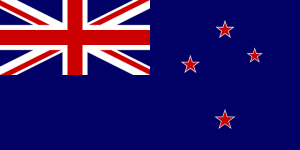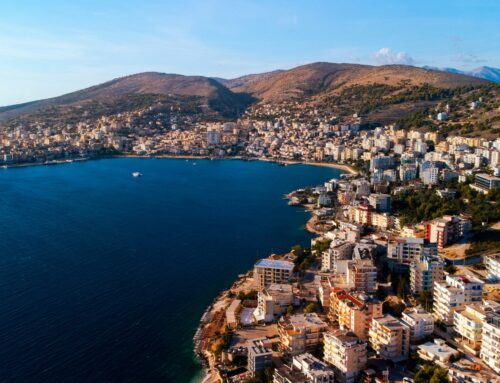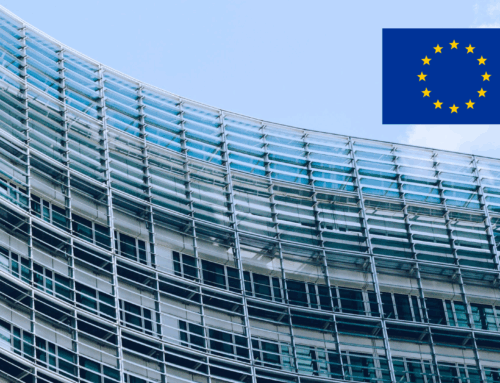On June 30th, New Zealand and the European Union agreed on a free trade agreement. Tariffs on EU exports of various goods, including cars, wine and clothing, are to be eliminated. Further the trade agreement could have an positive impact regarding sustainability and climate change.
Tariffs abolished, import volumes increased
Both national economies expect advantages from the free trade agreement. “The agreement eliminates trade barriers such as tariffs, public procurement and the protection of intellectual property,” said DIHK President Peter Adrian to Reuters. He said he was happy about more legal certainty for companies. Overall, trade between the EU and New Zealand is to be increased by 30 percent as a result of the agreement.
In order to achieve this goal, the tariffs for EU exports of pharmaceutical products, clothing, wine, confectionery (to name some oft them) were abolished. 97 percent of the goods that New Zealand exports to the EU will be exempt from tariffs, New Zealand Prime Minister Jacinda Ardern told Handelsblatt. In addition, the import volumes for New Zealand beef in the EU are increasing. Also lamb, cheese and butter from New Zealand could become more frequent.
„This trade agreement brings major opportunities for our companies, our farmers and our consumers, on both sides. It includes unprecedented social and climate commitments. This new agreement between the European Union and New Zealand comes at an important geopolitical moment. Democracies – like ours – work together and deliver for people.”
-Ursula von der Leyen, President of the European Commission
Sustainability in the trade agreement
With regard to climate protection, the agreement contains „the most ambitious sustainability commitments in any trade agreement ever“, said Executive Vice-President and Commissioner for Trade, Valdis Dombrovskis. In addition, sustainability goals have been set, which could also be sanctioned in the event of violations.
It is not yet clear when the trade agreement will come into force. First, the EU countries and the EU Parliament must agree.
The Trade Agreement covers for example:
- Reduction of compliance requirement and procedures to allow for quicker flow of goods.
- Protection of intellectual property rights aligned with the EU standards.
- Prevention of unjustified data localization requirements and maintaining the high standards of personal data protection.
- Opening of the New Zealand service market in key sectors, for example financial services, maritime transport and telecommunications.






